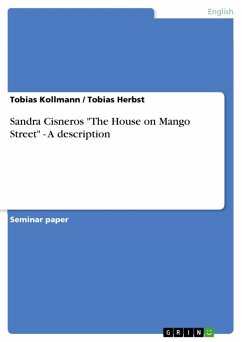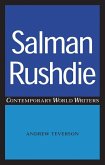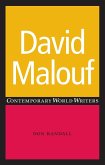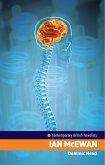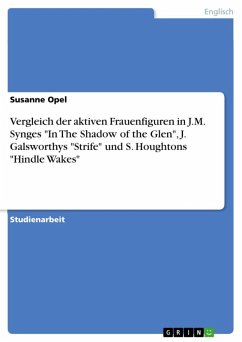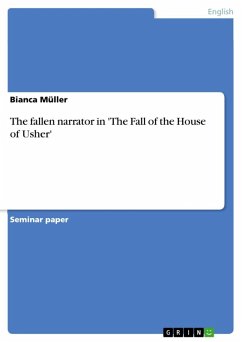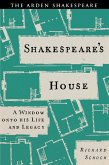Seminar paper from the year 2005 in the subject English Language and Literature Studies - Literature, grade: 2, University of Kassel (Fachbereich Sprachwissenschaften), course: The Power of Reading Books, language: English, abstract: Reading as an intellectual competence opens the way to explore culture and knowledge, to participate in cultural life and to enjoy literature. Culture and knowledge are parts of our education and are central to our ability to think critically on any topic. Studying literature plays a central role in developing these skills. According to Hesse (2002, p.50f.), there are some elementary goals of literacy teaching, such as (1) focussing on specific parts of the text, (2) the use of methods which support an active and productive reading behaviour, (3) a change of intensive and extensive phases of reading and (4) the relation to students' interests. Literature studies offer students opportunities to work on carefully chosen texts provided by the teacher. Results from the PISA studies of 15-year-old poor readers in Germany illustrate the importance of finding adequate literature for the EFL classroom. In our term paper, we want to examine how far Sandra Cisneros' The House on Mango Street is relevant for the EFL class. The questions which chances and opportunities the novel bears and for which purpose its plot is useful to discuss different topics are in the centre of interest. Therefore, the term paper shows didactical and methodological aspects, i.e. how the book relates to the curriculum as well as to the students' lives, which learning strategies and social forms can be applied. Therefore, we have provided several tasks to be used in the EFL class which all bear a differentiated analysis. On the one hand, the tasks have a tendency towards creating a relationship between the text and its reader, on the other hand, they enlarge students' abilities to use various learning strategies and methods. We can draw the conclusion that "The House on Mango Street" provides numerous essential topics and aspects for teenagers and is, therefore, highly relevant for students in the EFL class. As the book consists of many short stories, it can be used either as a whole entity or partially, a fact which makes the novel attractive to teachers and students as well.
Dieser Download kann aus rechtlichen Gründen nur mit Rechnungsadresse in A, B, BG, CY, CZ, D, DK, EW, E, FIN, F, GR, HR, H, IRL, I, LT, L, LR, M, NL, PL, P, R, S, SLO, SK ausgeliefert werden.

